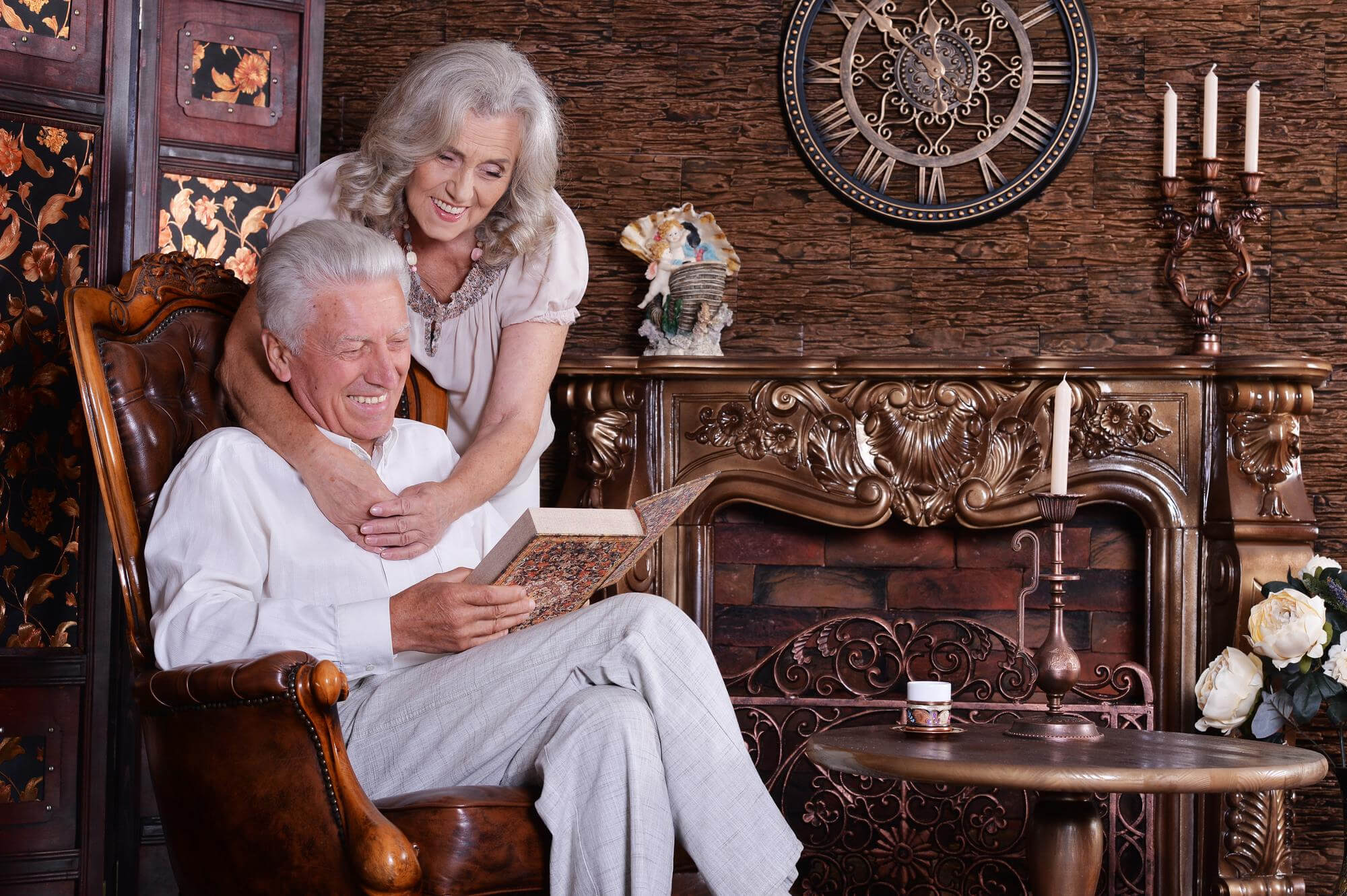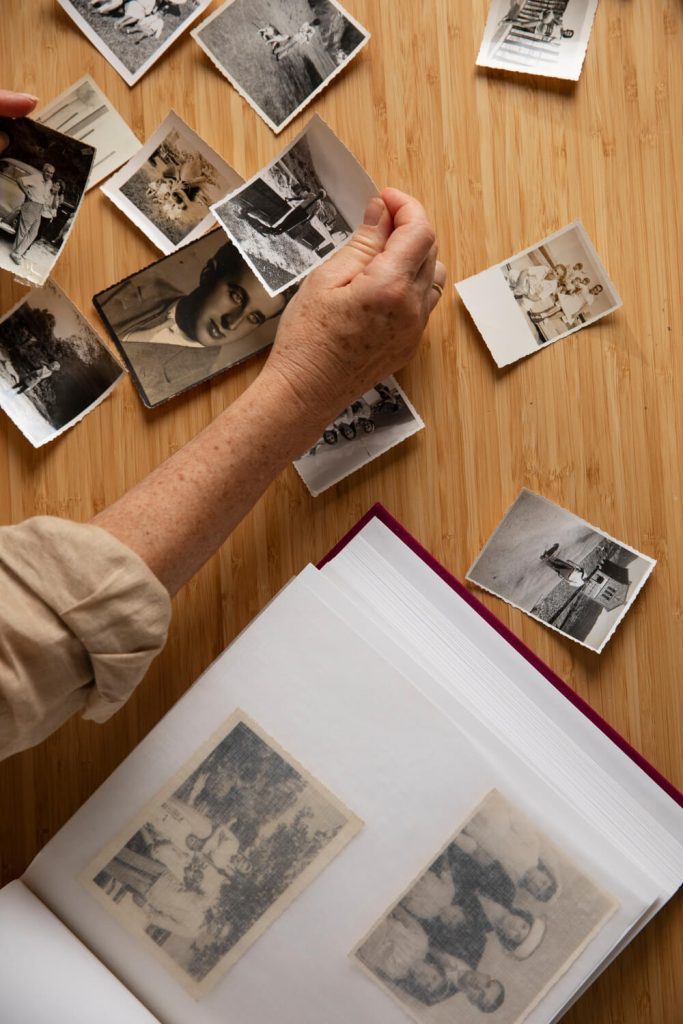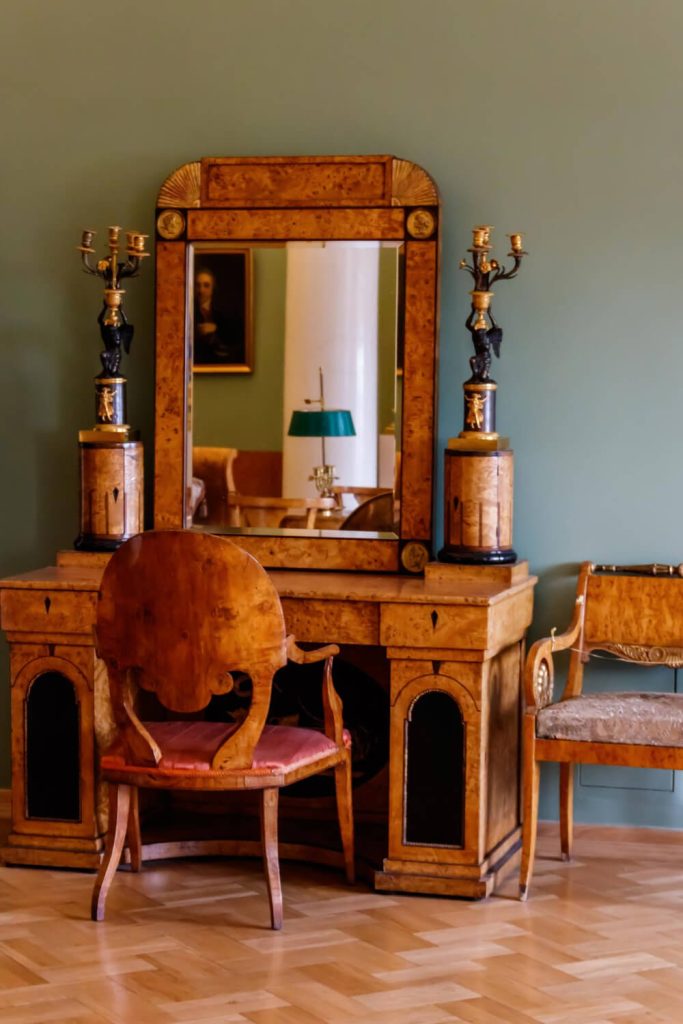
You Can’t Take Your Heirlooms with You
Suppose it is your responsibility to designate the next owner of true heirlooms. Above all, you want to avoid family strife and resentment and ensure they land in the hands of individuals who will respect and care for them.
The Meaning of Sentimental Belongings
Heirlooms like old photographs, deeds of sale, quilts, recipe cards, diaries, scrapbooks or a treasured family Bible are often tied to family history. Some represent holiday rituals, like Christmas tree ornaments or figurines. Perhaps your grandmother had pieces of childhood furniture or some preserved baby clothes. Does a family member want to be the caretaker of photos and documents?
It is sometimes hard to guess who is most attached to which family item. Unless an object has been openly discussed, you may be unsure which of your children or heirs deeply cares about it. By a similar token, you may not realize how little the current generation wants your treasured items or may even dread the burden of tending to them. Large collections or antiques may only create nuisances and guilt.
Tastes and styles change. Nowadays, people are less interested in “brown” furniture. Individuals’ wishes shift, too. The old-fashioned jewelry box your granddaughter coveted when she was little may now have lost its allure for her.
Who Gets What?
The Egyptian pharaohs placed their favorite possessions in their tombs so they could enjoy them in the afterlife. While this is not an option for any of us today, we still care about keeping our treasures in the family. You can either figure out early how to divide your heirlooms, or you can leave more generalized instructions and let the family sort it out after you have passed. If you start the process now, you will still be here to enjoy the pleasure of gifting and to forestall later disputes. Making transfers sooner rather than later will also relieve emotional pressure. In any case, you need to work out where those special items will go.
You will want to be fair. If something cannot be split, like King Solomon’s baby, you might compensate some family members with cash. If objects like jewelry, furniture, artworks or even designer clothing happen to have financial value, you may need an expert appraisal. Since certified professional appraisers are banned from buying your items themselves, they will likely quote you an honest price. Consider contacting the International Society of Appraisers, the Appraisers Association of America or an auction house. You can also consult specialist guidebooks.
Finalizing Your Choices
If you have a family discussion, try to assemble as a group and go through each room methodically. Record your decisions in meticulous and specific detail. Once you have compiled the list of items to give away, you might have a round robin so each member has an opportunity to select an heirloom. Remember friends and caregivers, too.
You may need to shake dice, draw straws, hold a fake auction with Monopoly money or enlist a third-party arbiter such as an accountant, attorney, or family friend.
Finally, make it official. Fill in your personal property memorandum that is stored behind your will in your estate planning notebook. Filling this document in will help legally memorialize your wishes. Please complete this form in your own handwriting, sign, and date the document when you are complete.
Distribute, Donate, Discard
Families may want to wait a few months for emotions to settle before they dispose of remaining objects that have not been allocated.
At that point, you might hold a garage or estate sale or donate to those in need or perhaps a local museum or historical society. Research your family history to understand any significance their collections may represent.
Ask us or a local real estate agent for help finding the right home for your heirlooms.
© 2023 Law Network PC




Leave a Reply